We all face moments when things seem to fall apart. Emotional regulation is the key to staying grounded through the ups and downs. It’s how we manage our emotions, allowing us to bounce back from challenges and setbacks.
Emotional Regulation: A Key to Building Resilience
Emotional regulation is the process of controlling or adjusting our emotional responses to challenges. It’s about being aware of our emotions and not letting them dictate our actions. According to Dr. Daniel Goleman, emotional regulation is crucial for emotional intelligence (EI), which helps us navigate life more effectively. EI helps us manage stress, communicate better, and build stronger relationships.
When we’re able to regulate our emotions, we can face life’s difficulties with resilience. Resilient people don’t let their emotions take control. Instead, they use emotional regulation to stay focused and calm, even in stressful situations.
Emotional Regulation Helps You Manage Stress
Stress is unavoidable, but how we handle it matters. Keeping a check on our emotions helps us respond to stress in healthy ways. For example, deep breathing, mindfulness, or cognitive reframing are techniques that allow us to shift our mindset during stress. This enables us to maintain a sense of control, which builds resilience over time.
Research by Dr. Richard Lazarus explains how emotional regulation can reduce stress by allowing us to process emotions healthily. By learning to manage our emotional reactions, we can avoid feeling overwhelmed by external events.
Emotional Regulation: Learning from Setbacks
When we experience setbacks, emotional regulation helps us avoid getting stuck in negative thinking patterns. Instead of feeling defeated, we can view challenges as opportunities to grow. According to Dr. Susan David, emotional agility—part of emotional regulation—helps us navigate tough times by allowing us to adapt without feeling overwhelmed. Read more about emotional agility here.
Building resilience through emotional regulation allows us to learn from setbacks. Instead of retreating into shame or anger, emotional regulation helps us reflect on what went wrong and how we can improve in the future.
Emotional Regulation: Coping with Negative Emotions
Negative emotions are a normal part of life, but they don’t have to control us.It teaches us how to cope with these feelings in healthy ways. Whether it’s anxiety, sadness, or frustration, being able to manage these emotions keeps us from reacting impulsively or making decisions we later regret.
Dr. James Gross, a leading psychologist in emotion regulation research, emphasizes that recognizing and labeling emotions is the first step in managing them. By doing so, we can regulate our emotional responses and prevent negative feelings from taking over. Learn about Dr. Gross’s work on emotional regulation here.
Emotional Regulation: Developing Healthy Coping Mechanisms
Resilient people have healthy ways to cope with challenges. Regulaing our emotions and feelings helps us develop these mechanisms. When we practice emotional regulation, we are more likely to turn to healthy habits, such as exercising, journaling, or talking to a therapist, instead of relying on harmful behaviors like substance abuse or withdrawal.
Building emotional regulation strengthens our ability to use coping mechanisms that promote long-term mental well-being. According to Dr. Marsha Linehan, creator of Dialectical Behavior Therapy (DBT), regulating emotions helps us develop coping skills that reduce the need for destructive behaviors. Discover DBT techniques here.
Emotional Regulation: The Role of Mindfulness
Mindfulness is a practice that significantly enhances emotional intelligence. By being present in the moment, mindfulness helps us notice our emotions without getting caught up in them. This awareness allows us to regulate our responses and stay balanced during emotional storms.
Mindfulness meditation reduces emotional reactivity, making it easier to manage difficult emotions. Over time, regular mindfulness practice can lead to greater emotional regulation and resilience.
Emotional Regulation: Practicing Self-Compassion
Self-compassion is a crucial part of emotional regulation. When we face setbacks or failures, we can either criticize ourselves or treat ourselves with kindness. Emotional regulation allows us to choose the latter. Instead of beating ourselves up, self-compassion encourages us to respond with understanding and care.
Research by Dr. Kristin Neff has shown that self-compassion builds resilience by reducing the negative impact of difficult emotions. It helps us recover faster from setbacks, promoting long-term emotional well-being. Read Dr. Neff’s work on self-compassion here.
Emotional Regulation: Strengthening Relationships
Our ability to regulate emotions doesn’t just affect us—it also impacts our relationships. When we regulate our emotions, we communicate more effectively and handle conflicts better. By staying calm and focused, we prevent misunderstandings and build stronger connections with others.
According to Dr. John Gottman, emotional regulation is key to maintaining healthy relationships. Partners who regulate their emotions during disagreements are more likely to resolve conflicts constructively. Learn about Gottman’s relationship research here.
Emotional Regulation as a Resilience Builder
Emotional regulation is a vital tool in building resilience. It helps us manage stress, cope with negative emotions, and recover from setbacks. By practicing regulating emotions on daily basis, we can develop healthier coping mechanisms, strengthen our relationships, and become more emotionally resilient. So, start incorporating emotional regulation practices into your daily routine. With time and effort, you’ll find that you can handle life’s challenges with greater ease and confidence.
Lets start small by practicing mindfulness or journaling. Every step you take builds your emotional resilience. Let us know how you’re incorporating emotional regulation into your life!
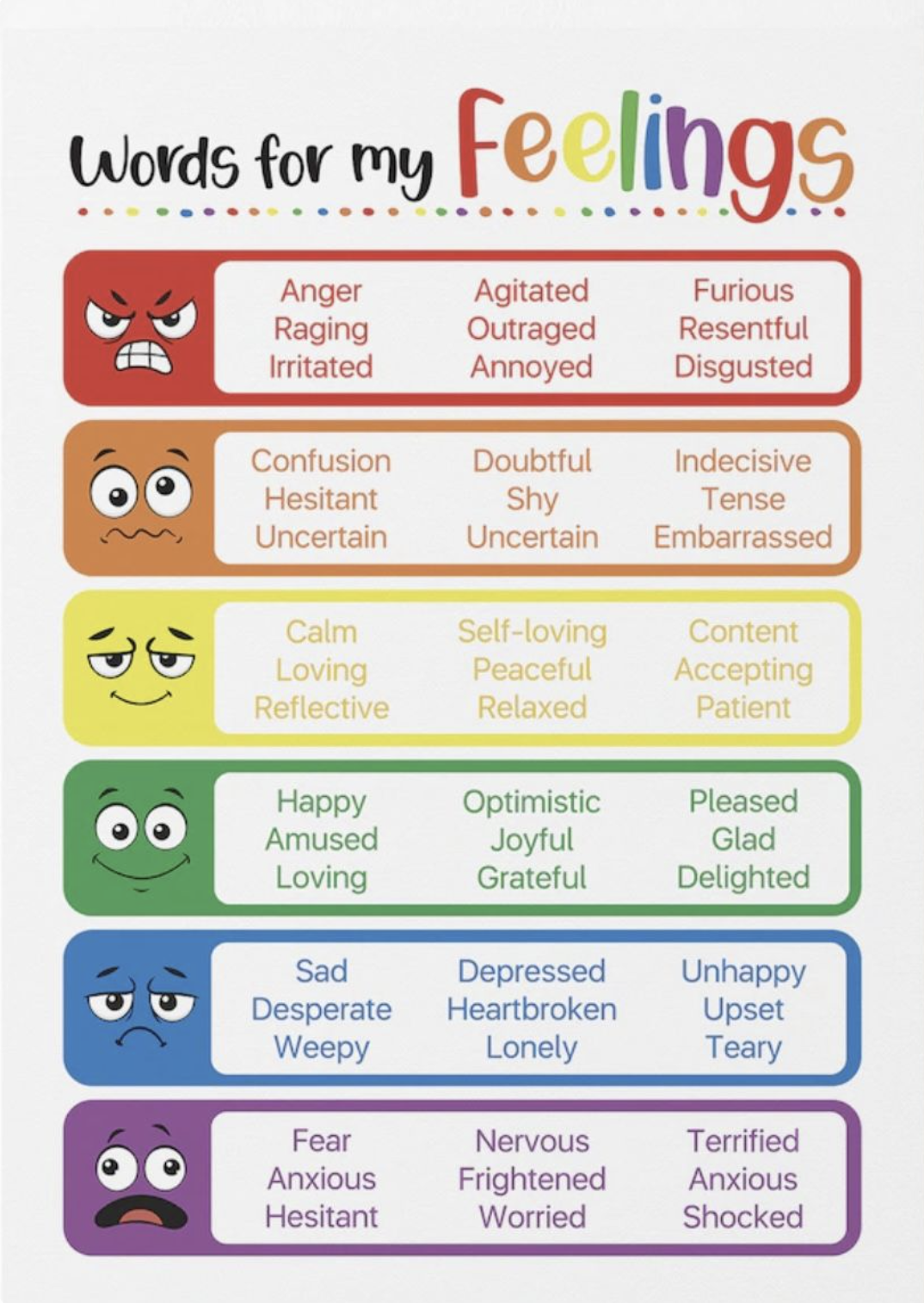
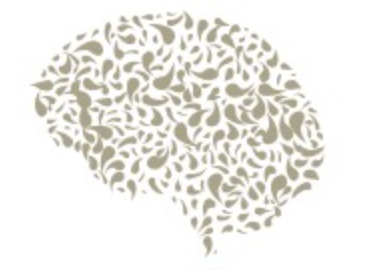
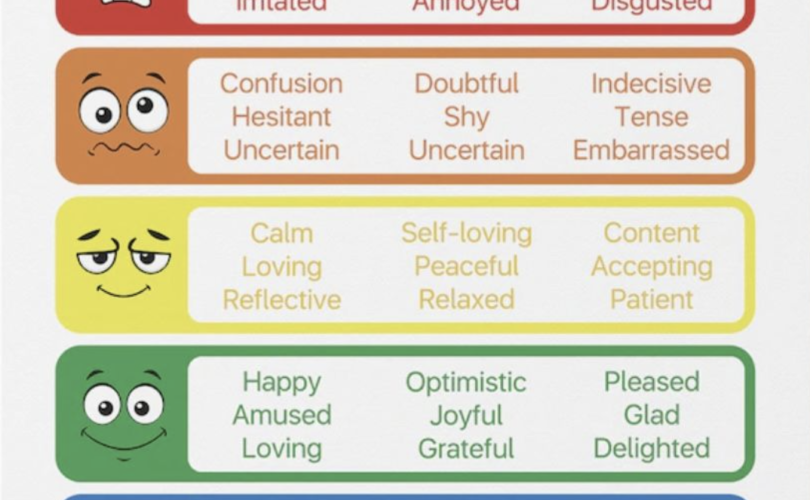



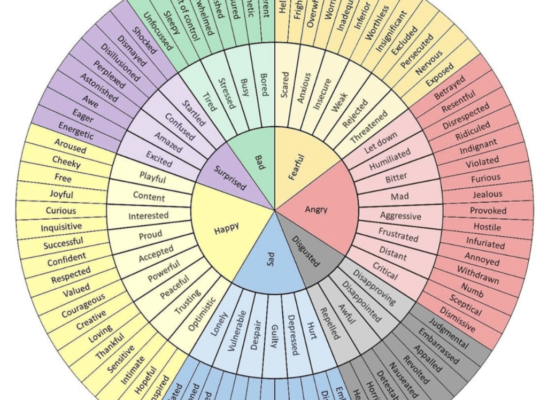

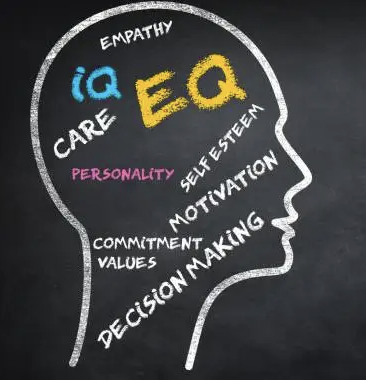

[…] Emotional intelligence is the ability to understand and manage your own emotions while recognizing and influencing the emotions of others. Daniel Goleman, a pioneer in the field, identified five key components: self-awareness, self-regulation, motivation, empathy, and social skills. These are the building blocks of successful relationships. […]